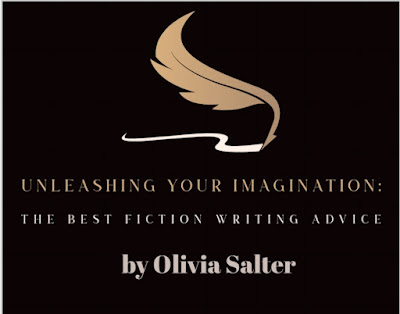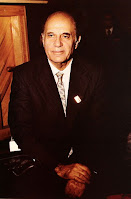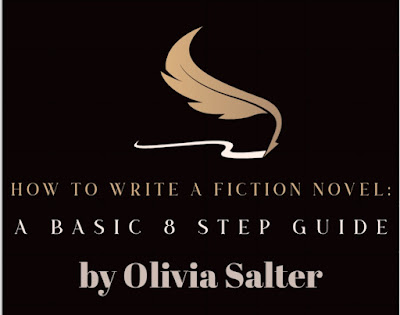Unleashing Your Imagination: The Best Fiction Writing Advice
by Olivia Salter
Fiction writing is an art form that captivates readers, transports them to new worlds, and immerses them in profound storytelling. Aspiring writers often seek guidance on how to hone their craft and bring their ideas to life on the page. With that in mind, we have compiled a list of the best fiction writing advice to help you unleash your imagination and create compelling narratives that resonate with readers.
1. Read Widely and Analyze:
The foundation of great fiction writing lies in being an avid reader. Engaging with a wide variety of genres, styles, and authors exposes you to different storytelling techniques and expands your understanding of the craft. Analyze and dissect the works you love to identify what makes them compelling. Pay attention to plot structure, character development, dialogue, and narrative techniques to learn and adapt for your writing.
2. Develop Memorable Characters:
Memorable characters are the beating heart of any fiction story. Craft characters with depth, imperfections, and relatable motivations to make them come alive. Understand your characters' backstories, desires, fears, and quirks. Let them drive the story and make choices that resonate with readers, evoking emotions and creating lasting connections.
3. Create Engaging Dialogue:
Dialogue is the tool that brings characters to life and adds dynamism to your narrative. Craft dialogue that reflects the unique voice and personality of each character. Make it realistic, purposeful, and engaging, with subtext and implications that reveal more about the characters and their relationships. Dialogue should advance the plot, reveal insights, and create tension to keep readers hooked.
4. Show, Don't Tell:
Show, don't tell" is a mantra in fiction writing. Rather than explicitly stating emotions or descriptions, show them through actions, settings, and dialogue. Engage the readers' senses, allowing them to experience the story in their minds. Bring your world to life with vivid sensory details that enable readers to visualize and immerse themselves in the narrative.
5. Craft a Compelling Beginning:
The opening pages of a fiction story must captivate readers' attention and make them eager to continue reading. Start with a strong hook, an intriguing situation, or a compelling character. Engage readers from the first sentence and make them curious to unravel the mysteries and conflicts that lie ahead.
6. Structure Your Plot:
A well-structured plot keeps readers invested and engaged. Develop a clear beginning, middle, and end, incorporating rising tension, compelling conflicts, and satisfying resolutions. Outline your plot to ensure a logical and coherent progression of events. Plot twists and unexpected developments can add excitement, but they should still align with the overall narrative.
7. Edit and Polish:
Revision and editing are vital stages in the fiction writing process. Don't be afraid to rewrite, cut unnecessary elements, or rework scenes to improve pacing clarity and overall impact. Seek feedback from other writers, critique groups, or beta readers to gain different perspectives and identify areas for improvement. A polished manuscript is the result of diligent editing and refining.
8. Embrace the Writing Process:
Every writer develops their own unique writing process. Experiment with different techniques, whether it's outlining or diving into the story intuitively. Find a writing routine that suits your style and nurtures your creativity. Embrace the joys and challenges of the writing process, understanding that crafting a story takes time, dedication, and perseverance.
In conclusion, fiction writing is a journey of self-expression and storytelling. By reading widely, developing memorable characters, creating engaging dialogue, and refining your writing through editing, you can bring your imagination to life. Embrace the craft, unleash your creativity, and let your stories resonate with readers, leaving a lasting impact for years to come.



.jpeg)


.jpg)
.jpg)
.jpeg)




